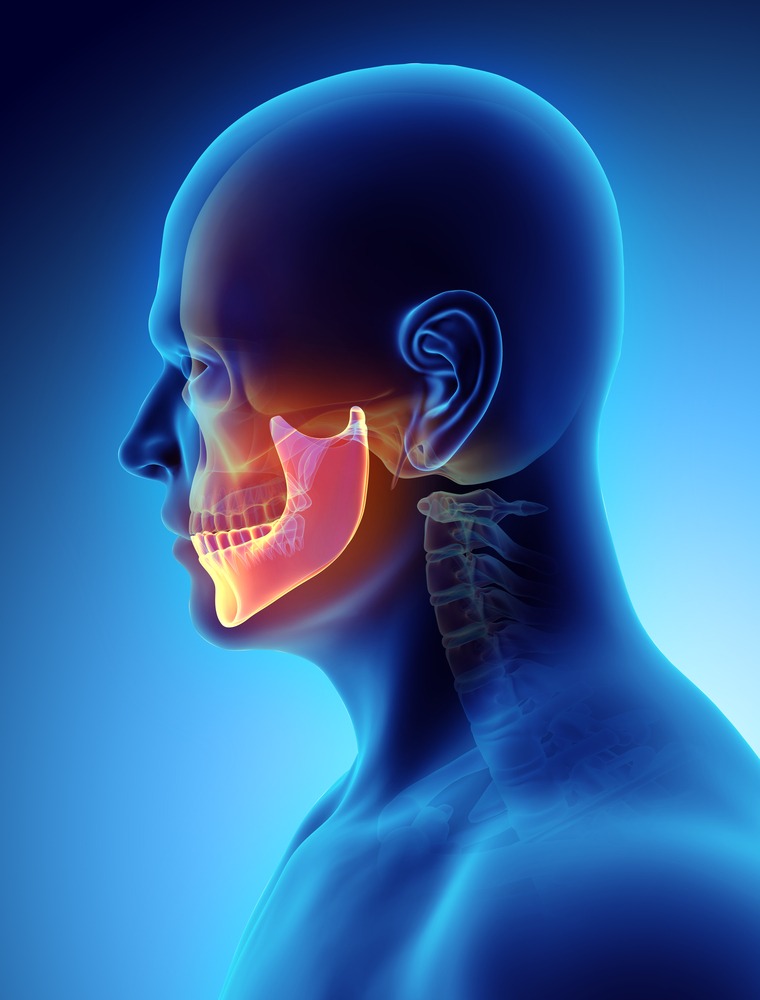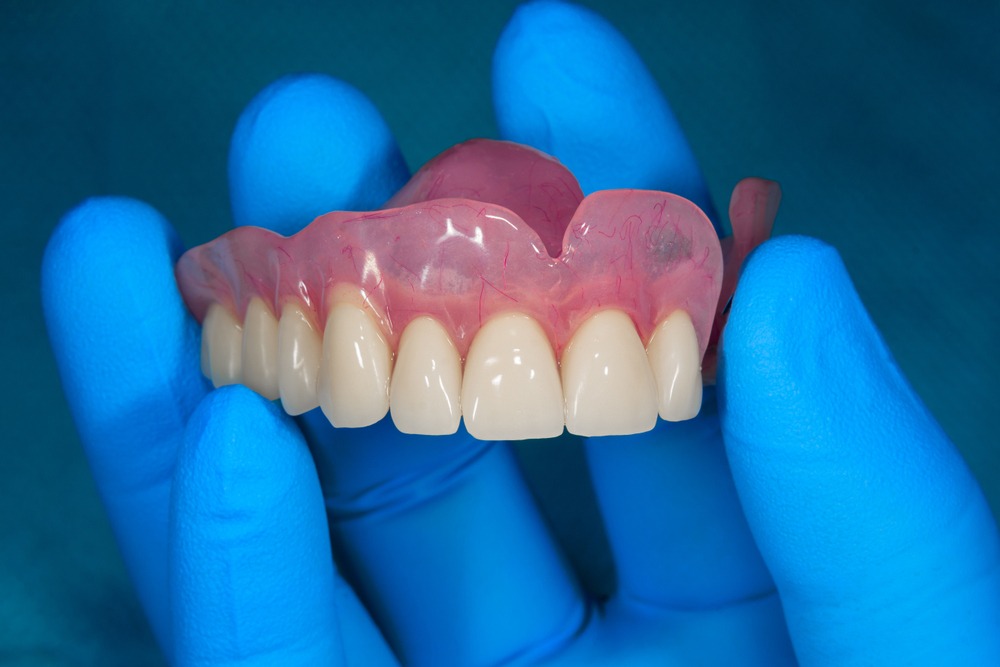
Our bones remodel themselves over time.
Old bone is removed (resorption) and replaced with new bone (ossification). This natural process is important for our overall well-being, but if your bones are not re-built at the same rate as they are broken down, you might be at risk for fractures and breakage.
The jawbone is often affected by this phenomenon, but what can one do about it?
What Causes Jawbone Resorption?

Many patients that visit our denture clinic in Ottawa for the first time are unaware of the causes and consequences of bone resorption.
Generally, it occurs when some teeth are missing or seriously damaged after oral deformity, trauma or disease like tooth decay.
Tooth extractions and use of dentures are also linked to this condition.
After teeth are extracted, our body will try to remove any sharp edges of the teeth sockets that are left behind. This process will happen the fastest within the first 2-3 months and will continue at a slower pace for another 6-12 months until the jawbone will remodel and smooth itself.
The resorption will continue after at a much slower rate from there on. This is one of the reasons why the dentures get loose with time and require relines and replacement after 5-10 years.
How does Bone Resorption Happen?
 Although our bones are naturally quite solid, they are not unalterable or permanent.
Although our bones are naturally quite solid, they are not unalterable or permanent.
In fact, bone is known to be highly dynamic. It goes through regeneration and resorption cycles.
However, a bone’s natural course is often interrupted when teeth are missing from the mouth.
Once the teeth are no longer present, our body starts to believe that calcium is no longer needed in our mouth. This leads to resorption, where jawbone growth and maintenance stops.
Symptoms of Jawbone Loss
Denture or dental patients do not generally notice the early stages of bone loss in their mouths.
However, as bone resorption increases, they may experience some of the following symptoms:
- Discomfort when chewing
- Lips sinking inwards
- Wrinkled skin around the mouth
- Changes in facial structure
- Headaches and jaw pain
- Difficulty speaking
- Discomfort when wearing dentures
- Loose dentures
- Food impaction under the denture
 In addition, you may experience another severe consequence: collapse of the lower third of the face.
In addition, you may experience another severe consequence: collapse of the lower third of the face.
When we are young, our bones change faster. However, the process slows down as we age.
According to Duke Orthopaedics, almost 100% of our skeleton is replaced within the first year of life. As adults, our bones remodel themselves at a rate of only 10% per year.
How to Prevent Jawbone Loss?
Bone loss can be prevented by replacing the missing teeth with dental implants that exert the same pressure as natural teeth.
This procedure can be done immediately after losing your teeth or getting them extracted, or at a later stage after tooth loss
A denture secured with dental implants provides more than 70% of normal biting force, which helps considerably in preventing jawbone loss and increases the function of the dentures.
Dentures and Bone Loss
If you are already wearing dentures, remember that ill-fitting dentures can accelerate bone loss. Therefore, you should reline your dentures every 2-4 years to make sure that they are properly fitted.
To prevent premature wrinkling around your mouth and looking older than you are, be sure to book an appointment with a specialist to get your bone density checked.
Ottawa South Denture Clinic – Denturists in Ottawa
Should you have any concerns about jawbone loss, or about any other denture and dental matters, do not hesitate to contact us here at Ottawa South Denture Clinic 613-695-9229.





